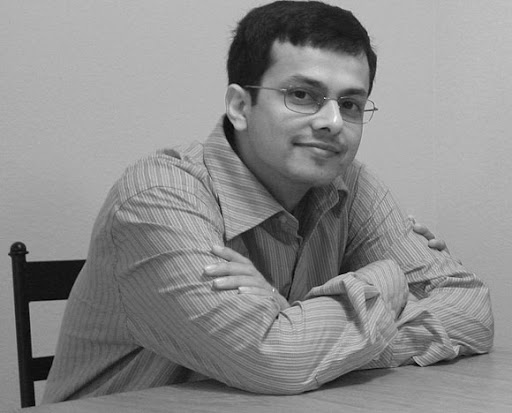In a town, there are two doctors and only one patient who is a drug addict. After a particularly bad seizure, the addict goes to one of the doctors. The doctor knows that the addict should be checked into rehab, but also foresees that since rehab is frustrating, the addict will likely switch doctors. Hence, the doctor, acting to avoid the loss of his only patient, administers to the addict a large dose of his own drug to restore the semblance of normalcy. In this way, the doctor buys time to implement a better long-term treatment plan. The other doctor is vocal in his criticism of the treatment method, although one might conjecture that had the patient gone to him instead, events would have unfolded with broad similarity while differing in details.
The analogy with the two-party system and the US economy is imperfect. If the above were to happen, the patient would ultimately die. The US economy will merely be reborn at some point. A part of me would like to believe that a long-term cure can be found for the excessive debt that has accumulated, but experts everywhere seem to not deny that debt has simply changed hands, not disappeared. The best outcome that I can think of is one where the dollar smoothly devalues, in the process reducing the effective sovereign debt burden, and also boosting exports. But a major economic adjustment such as this is unlikely to be without hiccups.
Debt signifies that tomorrow's spending was done yesterday, and in a zero-sum game we must spend less sometime in the future. Since we spent more yesterday, the economy did better than it would have. To quote Kenneth Fisher "Historically, big deficits are followed by stock-market returns that are dramatically superior to those following surpluses--for as long as 36 months out." When the time comes, stock market returns will be less than dramatic as the US government, which directly or indirectly is a big customer of the US economy, will have gone from spender to the opposite. Whether spending will reduce because of higher taxes or fewer public entitlements is something that the two doctors can debate ad infinitum.
